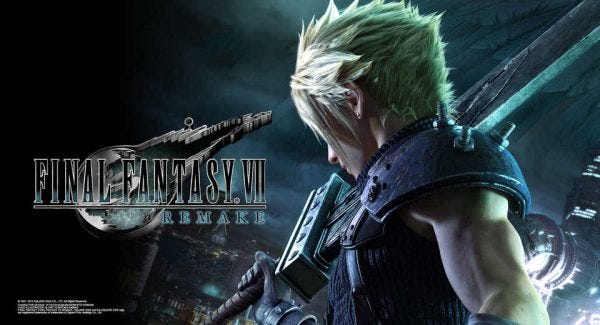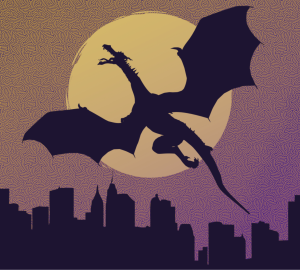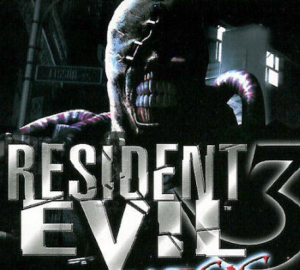Nostalgia motherlode: Reflecting on 20 years of gaming after ‘The Sims’
by Allison Hambrick

The year is 2004. You get off the school bus and run inside. Your mom has a can of Fanta and a bowl of Easy Mac ready when you walk in the door. One quick thank you and it’s off to your room. You pop in your favorite game and boot up the console.
Life is good.
If you grew up playing video games, like me, then the scenario above is a familiar one. You likely pictured which game you would’ve played and the console you had. Maybe you remember getting sore from sitting on the floor for too long, or being warned by your parents not to play too close to the TV because it would damage your eyesight. Maybe you were a PC gamer instead and found yourself stuck on a loading screen for more than 20 minutes. Either way, that mac and cheese probably got cold before you finished eating.
While it may not quite feel like it, 2000 was 20 years ago, and most of the games you grew up playing are old enough to get a driver’s license, buy their own alcohol and rent a car — hopefully not in that sequence.
“Games trigger nostalgia even more strongly than toys because we invest more emotions in playing them — heightened feelings of competitiveness, frustration, joy and pride,” said Alyse Knorr, writing for Kotaku. “And while you can’t go back to recess with your fourth-grade buddies, you ‘can’ pop in an old game cartridge and return to a virtual place from your past.”
Korr suggests that this ability to feel like your younger self again is what inspires the continued popularity of existing game franchises — an opinion shared with 3D-modeler Jonah Nesmith, who credits his decision to pursue game design to playing “Fallout 3.”

“The first time I played ‘Fallout 3,’ I had my mind blown. I had no idea a video game could have so much depth. It completely reshaped the way that I looked at video games and left a large emotional impact on me,” said Nesmith. “I think many people are inclined to stick with a specific game series despite the fact that they aren’t serious gamers. People are committed to their fandoms.”
Not everyone feels that this is a positive development, however. Writing for The Atlantic, Mark Hill stated that “unless players want the future of video games to be nothing but an endless parade of remakes and sequels, it’s time to start letting all those beloved childhood titles gather dust and explore what else is out there.”
Though there is merit to Hill’s concerns, consumers still trend towards established names. According to Business Insider, nine out of 10 of the best selling games were sequels or spin offs: “Kingdom Hearts 3,” “Super Smash Bros. Ultimate,” “Madden NFL 20,” “Borderlands 3,” “NBA 2K20,” “Call of Duty: Modern Warfare,” “Star Wars Jedi: Fallen Order,” “Tom Clancy’s The Division II” and “Mortal Kombat 11.”

Image via Square Enix.
Not to mention, several of the most anticipated games of 2020 fall under the category of sequel, spinoffs, or remake, including “Final Fantasy VII Remake,” “Animal Crossing: New Horizons,” “The Last of Us Part Two” and “The Legend of Zelda: Breath of the Wild 2” among others.
On Feb. 4, one such long-running franchise celebrated its 20th anniversary: “The Sims.” Though “The Sims” is often derided as pointless, its popularity is indisputable; it has sold roughly 200 million copies across four main titles, been translated into 22 languages, and remains one of the best-selling game series of all time. The latest installment in the series, “The Sims 4,” recently reached 20 million unique players, significant in that all three of the previous titles combined had only 24 million players.
Created by “SimCity” designer Will Wright after he lost his home in a fire in 1991, “The Sims” came about due to his exploration of the ideas of Maslow’s Hierarchy of Needs after his loss. From there, Wright developed the idea of a real-life simulator where players can build a home and a life for their pixel people in order to give players the “freedom to explore.”
Wright continued to work on the first two record-breaking entries of the franchise, prior to releasing his pet project “Spore,” after which he left EA in 2009. Even after his departure from the company, Wright’s influence remains a key component of the success of “The Sims.”
“The Sims‘ franchise has defined a generation. With ‘The Sims,’ you have a different type of gameplay that was beautifully cultured as a unique intellectual property,” said Eric Allen, associate chair of interactive design and game development at SCAD. “As shown by their path in development, players really loved the nurturing and creation aspect of ‘The Sims.’ I think that is what made it so great. It feeds the need of being in control. That reward is very soothing to many. I believe it executed on that vision beautifully.”

Allen’s words echo throughout “The Sims” community — yes, you read that correctly. On Tumblr and other social media platforms such as LiveJournal, there are dedicated players who genuinely appreciate the freedom of expression provided in the game, including storytellers, builders, modders and custom content creators.
Holly Green of Paste magazine noted the appeal of the games to “act as a way to communicate to the world our sense of identity, as much as a facial piercing, a bedspread pattern, a funky couch, or a way of dressing — even if the only audience is ourselves.”
Beyond the appeal of creativity, nostalgia can be a factor in the popularity of “The Sims.” The current generation of gamers grew up playing “The Sims,” whether they loved building, creating sims, or removing the pool ladder.
Alex Crowley, a SCAD graduate with a BFA in interactive design and game development, said “Looking back on 20 years of Sims, I find it easy to say that it’s been a rather large part of my gaming foundation. My sister and I played Sims 2 a lot; that generation is still my favorite of the four, but if you combined Sims 4’s graphics with the many nostalgic gaming elements of 2, I think that would be perfect,” Crowley continued, “That said, Sims 4 has managed to secure a place in my heart with its dedication to keeping Sims alive.”
Simmers rejoice — the nostalgia will continue. EA has announced that a new “The Sims” game is coming and that it will likely be the first multiplayer online installment since “The Sims Online.”



























